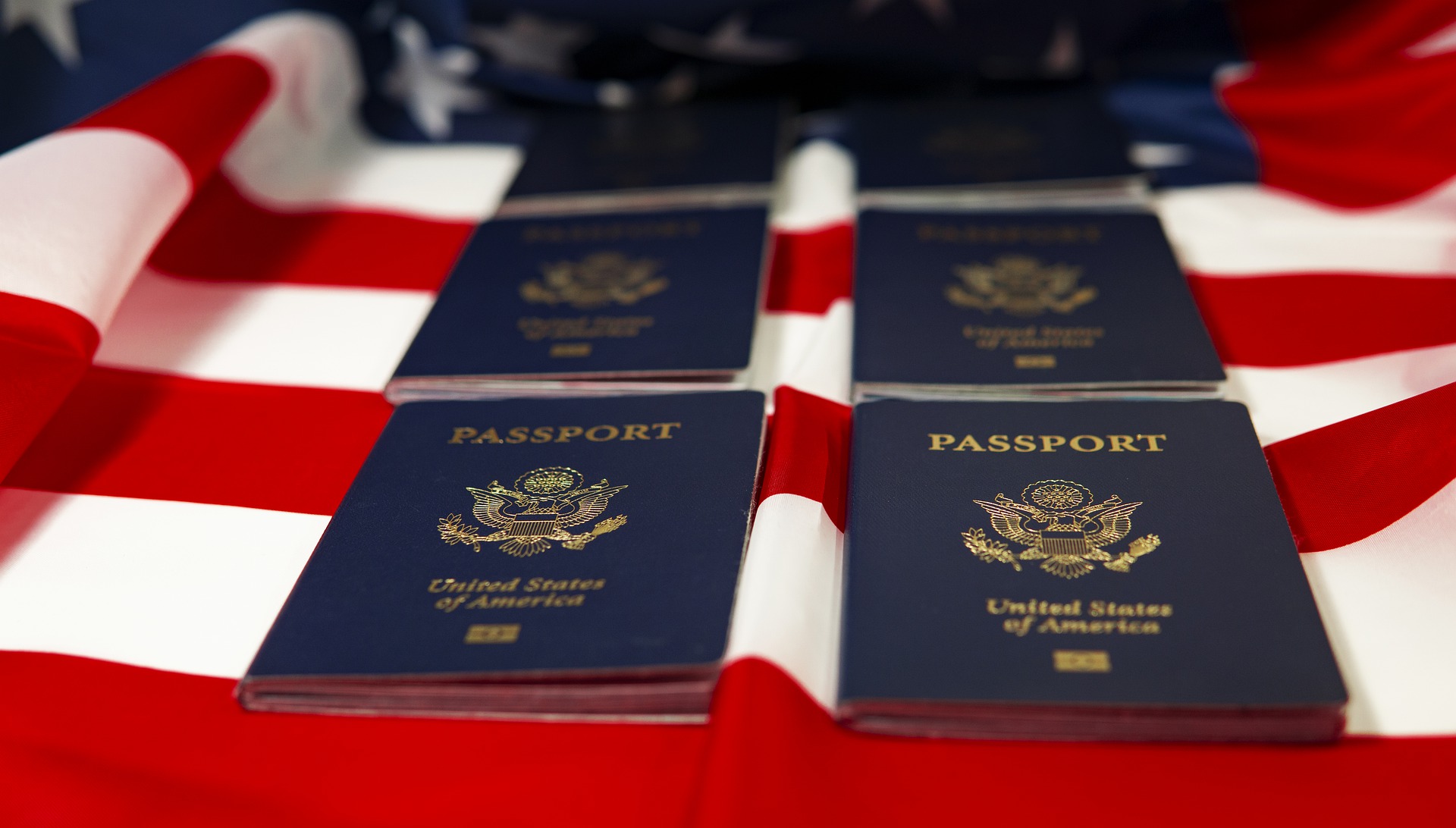Welcome back to Visalawyerblog! In this blog post we share with you the latest immigration news from the United States Citizenship and Immigration Services (USCIS).
New USCIS Policies to Improve the Immigration System
We bring you some exciting news regarding new policies adopted by USCIS that have been designed to remove the barriers to immigration and help improve the current immigration system. The following are among the new changes being implemented by USCIS:
Expedited Processing
Under a newly updated expedite criteria policy, USCIS has now expanded the types of expedite criteria or circumstances under which the adjudication of a benefit request can be expedited, including where a request is made by a nonprofit organization whose request is in the furtherance of cultural and social interests of the United States.
According to the new change:
USCIS may consider an expedite request if it meets one or more of the following criteria or circumstance:
- Severe financial loss to a company or person, provided that the need for urgent action is not the result of the petitioner’s or applicant’s failure to:
- Timely file the benefit request , or
- Timely respond to any requests for additional evidence;
- Emergencies and urgent humanitarian reasons;
- Nonprofit organization (as designated by the Internal Revenue Service (IRS)) whose request is in furtherance of the cultural and social interests of the United States;
- U.S. government interests (such as urgent cases for federal agencies such as the U.S. Department of Defense, U.S. Department of Labor, DHS, or other public safety or national security interests); or
- Clear USCIS error.
 Visa Lawyer Blog
Visa Lawyer Blog











